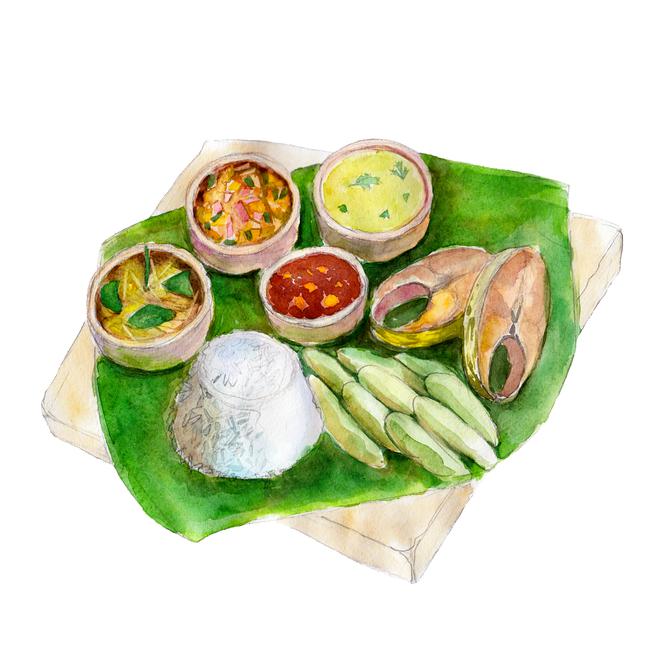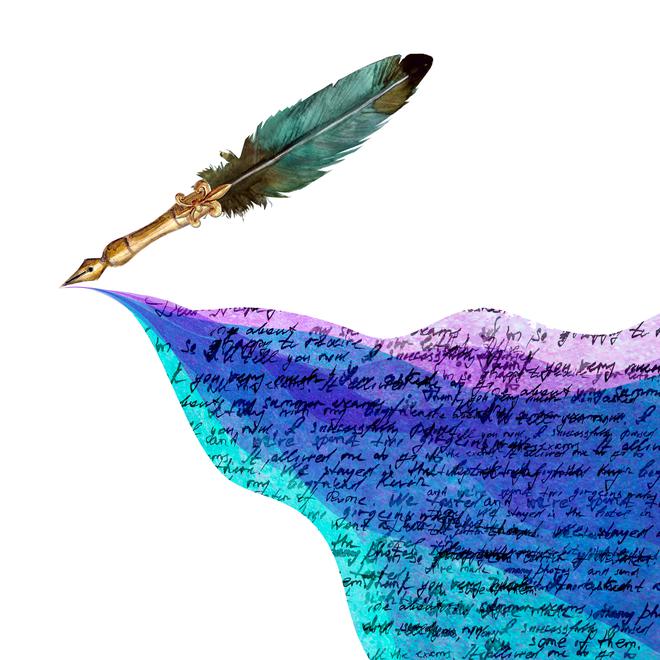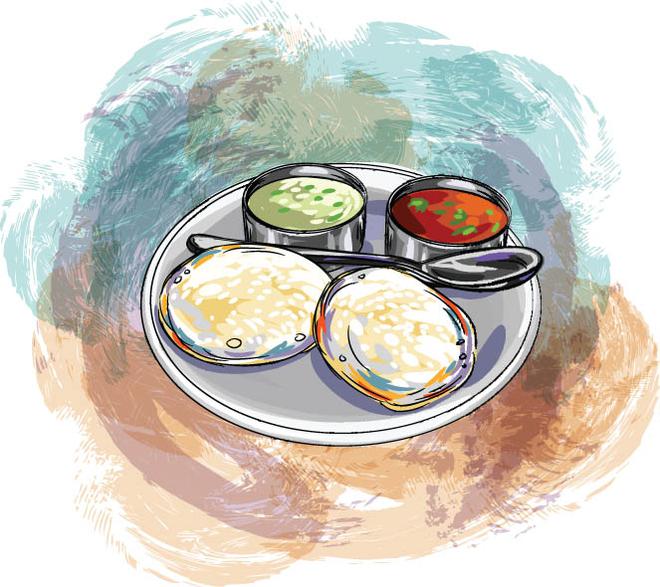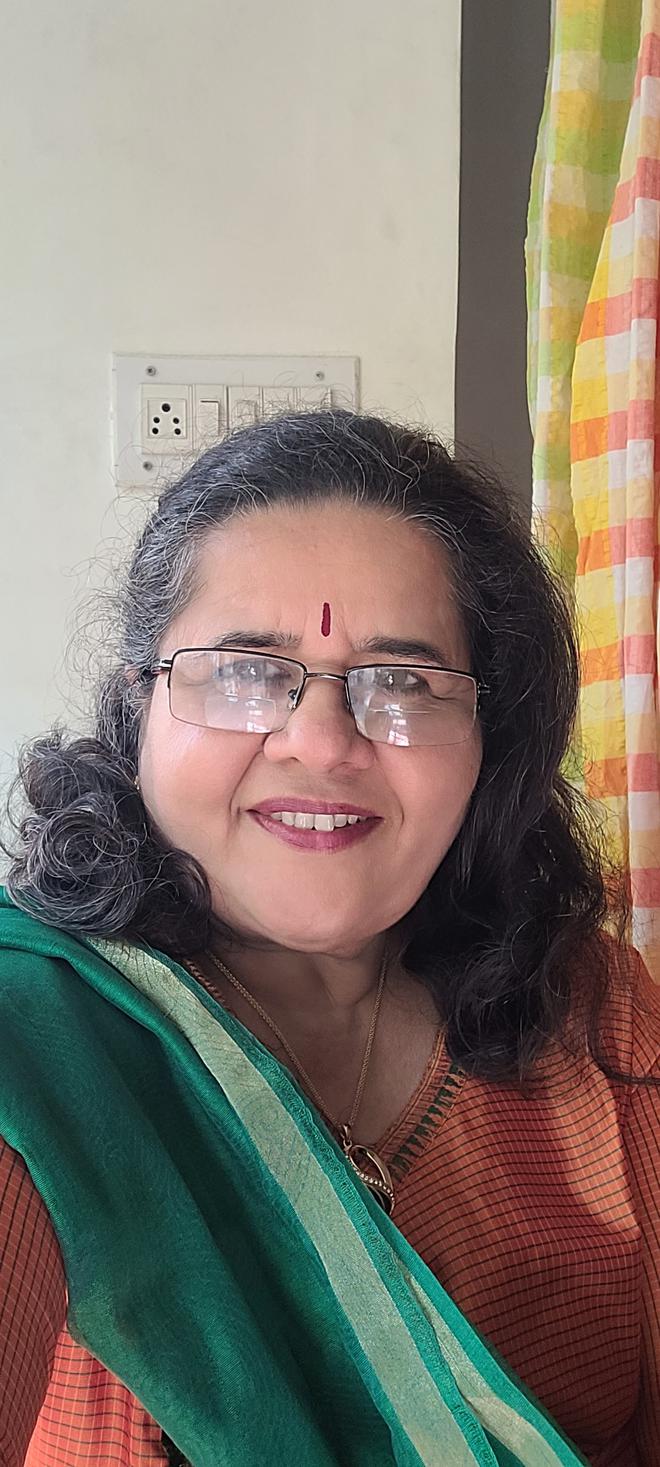“Remove the head and feet.
Open the body
and clean the birds..
...which you will expose
to the heat
of the fire
for a moment.”
This is part of the oldest known recipe-poem in western literature, from the Yale Culinary Tablets, dating back to 1750 BC. The poem describes a delicacy fit for the Babylonian royals, made with pheasant meat.
ALSO READ | One from the belly
Back home in India, Nala’s Paaka Darpanam has dished out couplets, tercets and quatrains, in honour of an ingredient, a process, and the nature of the cook as well as the food that we consume.
This tercet begins by talking about food being the vital force of all beings: Sarveshaam praaninaam praanam-annam prathama muchyate.
What is the genre?

Lyrical expression has always been an integral part of all cultures, particularly in spaces that honour food: right from the farm to the kitchen, to the dinner table. Folk songs, prayers, oral poetry such as limericks and quatrains, celebrate kinship and family bonds, festivals, seasons, and even periods of mourning.
I’ve always found that whenever food made an appearance, even in novels, there was a musical quality to that bit of writing. From the most celebrated and over-referenced Proustian madeleine, to the magical powers of the Mistress of Spices, food has been elevated to a rhapsody that moves us. There’s a melody in the making of croquettes by Ashima in Jhumpa Lahiri’s The Namesake, and the Baian beans and pear patina in the kitchen of Dominus Apicius in ancient Rome, in Feast of Sorrow by Crystal King.

When King was researching for her globally acclaimed novel, she came across a series of first-century epigrams from an ancient Roman poet, Martial, about the ancient gourmand, Apicius. “In my own writing, I found a series of first-century epigrams from an ancient Roman poet to be crucial for my research (and inspiration) for my novel, about the ancient gourmand, Apicius,” says King. Marcus Valerius Martialis, better known as Martial, left behind 12 books of epigrams that depict the scandalous, brutal, and gritty side of ancient Roman life. This is one of his over 1,500 epigrams, and hundreds of them include references to food, food preparation, dining, and drinking. In fact, it’s one of his epigrams that led me to write about Apicius.
On Apicius
“You had spent, Apicius, sixty millions of sesterces on your belly, but you had still left a loose ten millions. In despair at such a reduction, as if you were condemned to endure hunger and thirst, you took as a last draught, a dose of poison. No greater proof of your gluttony than this, Apicius, was ever given by you.”
In religion and relationships

In India, food and socio-political issues have stood at the intersection of literature and art for ages. This nazm of Saghar Khayyami, a renowned Lucknowi poet, describes the religious divide using food as a metaphor.
“Nafraton ki jang mein dekho to kya kya kho gaya
Sabziyan Hindu huiin bakra Musalmaan ho gaya”
“Look what all we have lost in this war of hatred,
Vegetables have become Hindu and the goat, Musalman.”
And then there is the work of Sahitya Akademi Award winning novelist, Dhiruben Patel, the Gujarati writer. In her Kitchen Poems, she talks about the excitement of the bhakri, the freshness of vegetables, a tribute to women who love their kitchen, and who immerse themselves in becoming caregivers and nurturers.
“Cooking is a wonderful thing
If you know it well
You need no words
To tell someone how deeply you love.”
Food for the creative soul

The common threads in food-based poetry are that food is the source of sustenance, memory and a sense of community. Food is also representative of diversity, and it offers an intimacy for people and their relationships, as they express their joy, anger, and longing.
‘This is Just to Say’ by William Carlos Williams:
“I have eaten
the plums
that were in
the icebox
and which
you were probably
saving
for breakfast
Forgive me
they were delicious
so sweet
and so cold.”

Educator, theatre artiste and storyteller Shylaja Sampath says she uses food limericks in her stories for children, given that most of the stories we grew up on have a food connection that is inseparable from the bedtime experience, such as The Crow and the Sparrow.
Her ‘idli’ rhyme goes like this:
“Idli, idli, idli
Morning, noon and night
Idli, idli, idli
It’s always such a delight
Eat it with sambhar
Or with chutney
Or with sugar and ghee
But if you don’t like it
Adanna just bittu bidi
(meaning, just leave it be).”
The healing
When we’re grieving, food uplifts our spirits like nothing else. It satisfies our taste buds, comforts us, and brings back a rush of nostalgia filled with the people and places that were once an integral part of our lives.
In her poem, ‘In My Mother’s Things’, Risa Potters, writes:
“You never know what you will find in a recipe box.
Amid the recipes filed loosely, mixed in with the cakes and pies, there was
her poem. But where in the box do you file sadness? Where does that belong?”
When I lost my mother seven years ago, I found solace in cooking from her recipes, infusing the bubbling gravies and crisping dosas with the magic of her ragas. An excerpt from a poem in my memoir, Lessons From My Mother’s Kitchen:
“The years have a funny way of making different women out of you
I am now my mother, for instance...
... My kitchen smells like hers
All asafoetida and cardamom,
Burnt milk and curdled ghee.”
The writer is a true blue Bangalorean, lover of all things related to food and culture.







